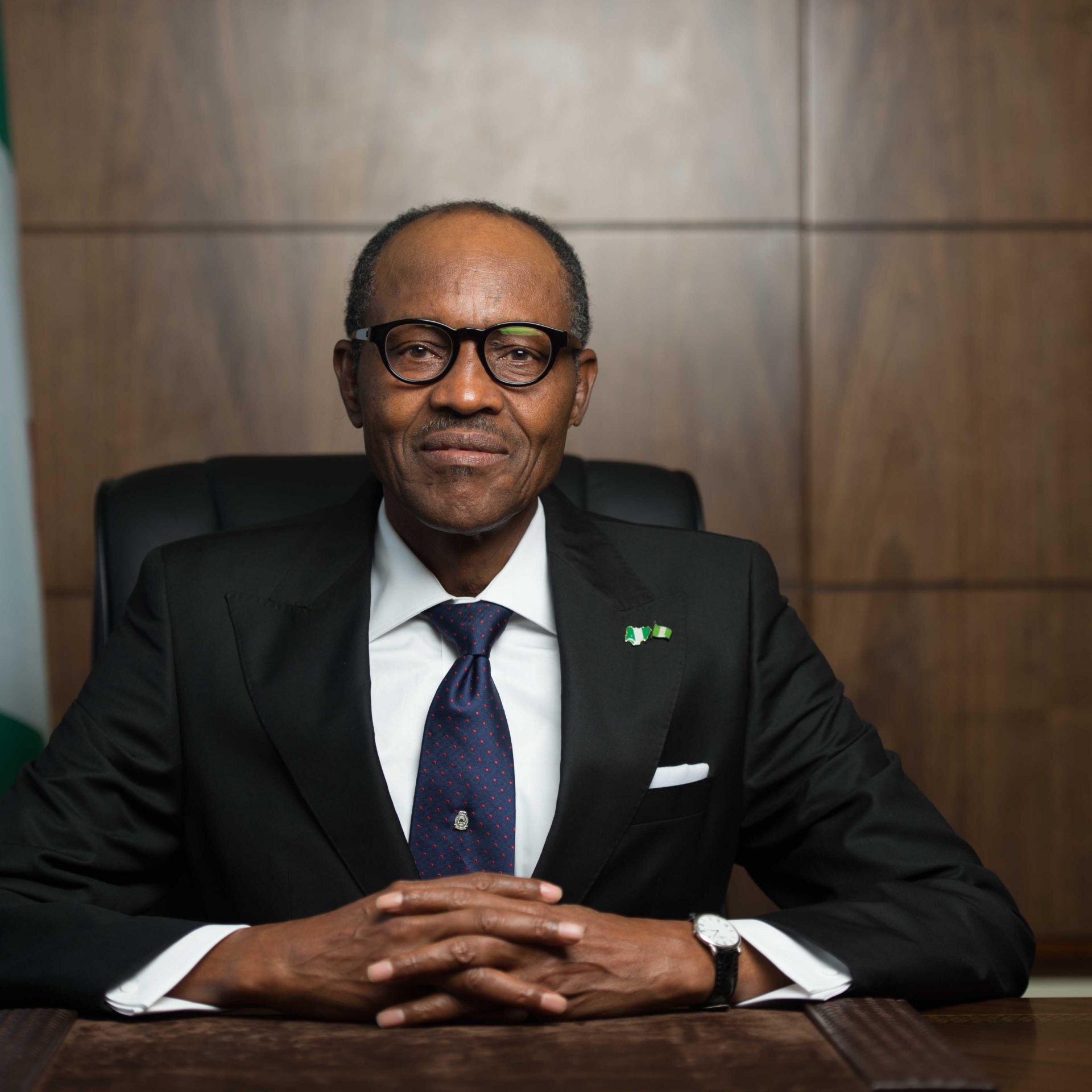Nigeria’s President, Muhammadu Buhari, signed the delayed 2016 budget into law on May 6th, ending weeks of wrangling with lawmakers and tripling capital expenditure as Africa’s biggest economy contends with its worst crisis in years, Reuters reported.
The $30.6b budget is an attempt by Africa’s top oil exporter to stimulate an economy hammered by the fall in crude oil prices. Oil sales make up about 70% of national income. It assumes oil production of 2.2mb/d at $38 a barrel, Budget Minister, Udoma Udo Udoma, told reporters shortly after the signing.
With this budget, up 20% from the 2015 budget, Nigeria is looking to diversify Africa’s largest economy and move away from oil-dependency. The 2016 budget fiscal deficit will be 2.14% of gross domestic product, James Akpandem, a spokesman to the Minister of Budget and Planning, said according to Bloomberg.
“We made a deliberate choice to pursue an expansionary fiscal policy despite the huge decline in government revenues from crude oil exports,” Buhari said. The budget shortfall will be financed by debt which will “be applied towards growth-enhancing capital expenditures.”
Nigeria relied on crude for about 70% of government revenue and 90% of export earnings in 2014 and has been hammered by oil prices plunging by more than half in the last two years.
The international Monetary Fund (IMF) said Nigeria’s economic growth could slump further to 2.3% this year after dropping to 2.8% in 2015, the lowest rate since 1999.












